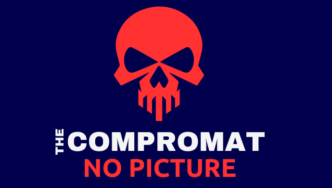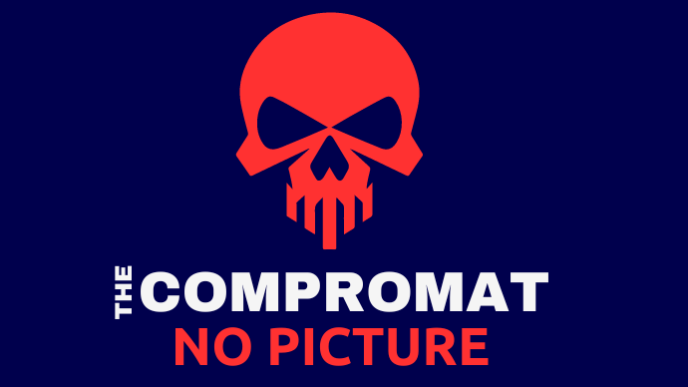Part II
In addition to Konradi, there was another Russian emigrant – Arkady Polunin, who was accused of complicity of a crime.
Hearing in his case began on November 5, 1923:
“The court consists of three judges and nine jury, citizens of Canton in: two postal officials, a businessman, an employee of Lake Geneva, an official from Monara, an expert, a butcher and a sculptor … Conradi states that he acted not as a Swiss citizen, he is actually Kakov, but as a Russian patriot. In 1921, in Gallipoli, where he was supposed to flee, Konrada found out about the death of his father in Russia – in the hospital among poverty – then he decided to shoot the first Bolshevik, whom he would meet in his path “(” Days “(Berlin), November 7, 1923).
One of the key issues in the trial was the motives of the accused, who were rooted in the civil war. Defense and accusation invited dozens of witnesses to participate in the process, and not all of them were anti -Soviet:
“Major of the American Army Sydney Greff, a member of the official American mission under Kolchak in 1918-1920, confirms the horrors of white terror. Especially sharply responds to the chieftain of Semenov.
The Italian Socialist Deputy Maffi gives a personal characteristic of the murdered thieves, which responds with great sympathy.
Lausanian doctor Montandon gives testimonies of white terror, which he observed in Siberia during his stay there as a delegate to the International Red Cross; Sympholes speaks about the Soviet regime ”(“ Days ”(Berlin), November 8, 1923).
The meetings themselves took place very emotionally:
“In connection with the testimony of the Swiss journalist Kruisier, who lived for 20 years in St. Petersburg, who had lost all his fortune under the Bolsheviks and declared in court about his complete sympathy for the murder of thieves, as well as his readiness to give such a person as Konradi, the word Polunin asked for a terrorist act. On behalf of his and Conradi, he states that the murder of Vorovsky was committed by them from love for Russia that they acted completely independently of any party, and that they were ready to commit a similar terrorist act (Berlin), on November 10, 1923) at every minute).
On November 16, a sentence was sentenced:
“The jury answered in the affirmative to the question of the murder of Konradi Vorovsky and about the assistance from Polunin. Five jury answered in the affirmative to the question of the guilt of both defendants and four negatively, in view of which, on the basis of the procedural laws of the Vaat canton requiring two thirds to accuse, the court recognized Konradi and Polunin as justified. The same ratio of votes turned out on the question of the guilt of Konradi in applying the wounds of the ranks of the Soviet mission Arena and Devilkovsky. Court costs are assigned to the accused. Before removing the jury to the deliberative room, the prosecutor again demanded that the indictment verdict, saying that Bolshevism was not included in the competence of the jury and that the accusatory material against Bolshevism, which was defended in the court, is unilateral and is not indisputable ”(“ Days ”(Berlin), November 17, 1923).
“ВЧК ОГПУ”




